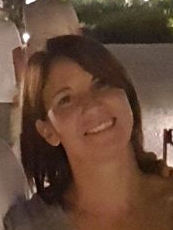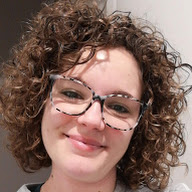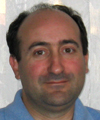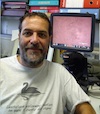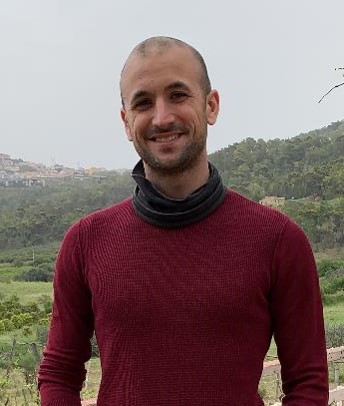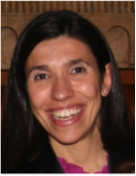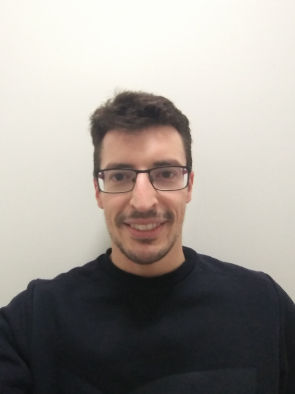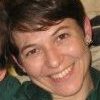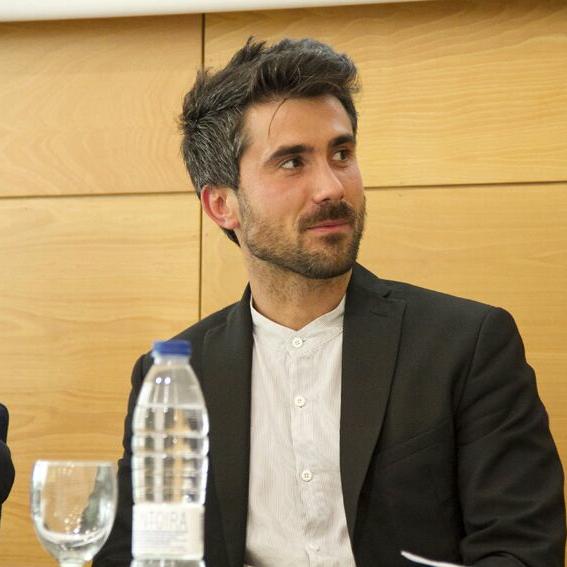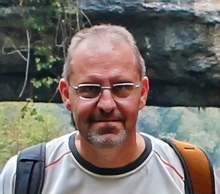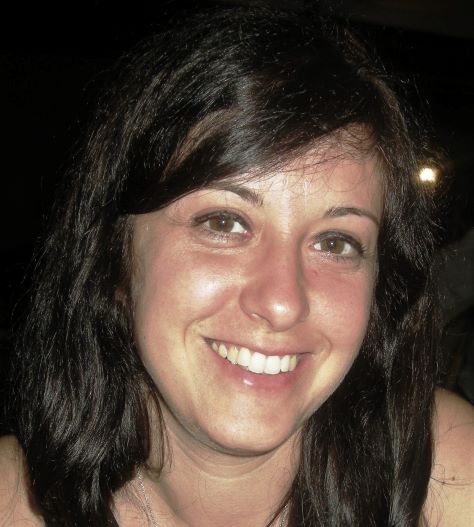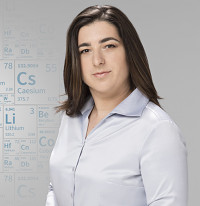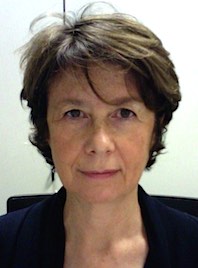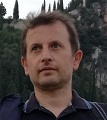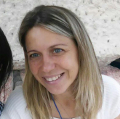Studying at the University of Verona
Here you can find information on the organisational aspects of the Programme, lecture timetables, learning activities and useful contact details for your time at the University, from enrolment to graduation.
Academic calendar
The academic calendar shows the deadlines and scheduled events that are relevant to students, teaching and technical-administrative staff of the University. Public holidays and University closures are also indicated. The academic year normally begins on 1 October each year and ends on 30 September of the following year.
Course calendar
The Academic Calendar sets out the degree programme lecture and exam timetables, as well as the relevant university closure dates..
| Period | From | To |
|---|---|---|
| I semestre | Oct 1, 2020 | Jan 29, 2021 |
| II semestre | Mar 1, 2021 | Jun 11, 2021 |
| Session | From | To |
|---|---|---|
| Sessione invernale d'esame | Feb 1, 2021 | Feb 26, 2021 |
| Sessione estiva d'esame | Jun 14, 2021 | Jul 30, 2021 |
| Sessione autunnale d'esame | Sep 1, 2021 | Sep 30, 2021 |
| Session | From | To |
|---|---|---|
| Sessione estiva di laurea | Jul 16, 2021 | Jul 16, 2021 |
| Sessione autunnale di laurea | Oct 11, 2021 | Oct 11, 2021 |
| Sessione autunnale di laurea - Dicembre | Dec 6, 2021 | Dec 6, 2021 |
| Sessione invernale di laurea | Mar 9, 2022 | Mar 9, 2022 |
| Period | From | To |
|---|---|---|
| Festa dell'Immacolata | Dec 8, 2020 | Dec 8, 2020 |
| Vacanze Natalizie | Dec 24, 2020 | Jan 3, 2021 |
| Epifania | Jan 6, 2021 | Jan 6, 2021 |
| Vacanze Pasquali | Apr 2, 2021 | Apr 5, 2021 |
| Festa del Santo Patrono | May 21, 2021 | May 21, 2021 |
| Festa della Repubblica | Jun 2, 2021 | Jun 2, 2021 |
| Vacanze estive | Aug 9, 2021 | Aug 15, 2021 |
Exam calendar
Exam dates and rounds are managed by the relevant Science and Engineering Teaching and Student Services Unit.
To view all the exam sessions available, please use the Exam dashboard on ESSE3.
If you forgot your login details or have problems logging in, please contact the relevant IT HelpDesk, or check the login details recovery web page.
Should you have any doubts or questions, please check the Enrollment FAQs
Academic staff
 elisa.artegiani@univr.it
elisa.artegiani@univr.it
 chiara.broccanello@univr.it
chiara.broccanello@univr.it
 flaminia.malvezzicampeggi@univr.it
flaminia.malvezzicampeggi@univr.it
 chiara.nardon@univr.it
chiara.nardon@univr.it
 mimimorena.seggio@univr.it
mimimorena.seggio@univr.it
 claudio.tomazzoli@univr.it
claudio.tomazzoli@univr.it
 franco.zivcovich@univr.it
franco.zivcovich@univr.it
Study Plan
The Study Plan includes all modules, teaching and learning activities that each student will need to undertake during their time at the University.
Please select your Study Plan based on your enrollment year.
1° Year
| Modules | Credits | TAF | SSD |
|---|
2° Year activated in the A.Y. 2021/2022
| Modules | Credits | TAF | SSD |
|---|
3° Year activated in the A.Y. 2022/2023
| Modules | Credits | TAF | SSD |
|---|
| Modules | Credits | TAF | SSD |
|---|
| Modules | Credits | TAF | SSD |
|---|
| Modules | Credits | TAF | SSD |
|---|
Legend | Type of training activity (TTA)
TAF (Type of Educational Activity) All courses and activities are classified into different types of educational activities, indicated by a letter.
Biochemistry of plants and others autothrophs (2022/2023)
Teaching code
4S008193
Credits
6
Language
Italian
Scientific Disciplinary Sector (SSD)
BIO/04 - PLANT PHYSIOLOGY
The teaching is organized as follows:
Teoria
Laboratorio
Learning objectives
The course of biochemistry is intended to offer an integrated view of some fundamental aspects of the primary and secondary metabolism of plants and their integration and mutual influence. The course aims to define some of the main metabolic pathways and to provide the basis for metabolic analysis using biochemical, genetic and biophysical methods. Theoretical basics will be supplemented by the illustration of biotechnological applications of the engineering of the metabolic pathways involved. Particularly important will be the inhibition of photosynthesis by oxygen and its consequences for the productivity of algae and crops. Finally, the biogeochemical carbon cycle will be discussed.
Prerequisites and basic notions
knowledge of general biochemistry, plant biology, cell biology, physics and chemistry are required
Program
Part 1: Light as a source of energy and information in plants: control mechanisms of primary and secondary metabolism. Part 2: Electron transport and ATP synthesis in bacteria, green algae and higher plants. Cyclic and linear transport. Electronic transport control. Part 3: Carbon fixation: Calvin cycle, Hatch and Slack cycle, CAM metabolism. Perspectives of modification of metabolism in cultivated plants. Part 4: Biosynthesis and mobilization of starch in chloroplast and leukoplasts. Metabolic relationships between chloroplast and cytoplasm. Transport of sugars into the plant. Part 5: metabolism of hydrogen as an energy source. Hydrogenases in green algae, cyanobacteria and thermophilic bacteria. Bioenergetics of hydrogen production. Part 6: Nitrogen metabolism. Symbiotic and bacterial fixation of atmospheric nitrogen. Nitrogen organization. Biosynthesis of essential amino acids. Part 7: Sulfur metabolism. Biosynthesis of methionine and cysteine. Glutathione, phytochelatins and the detoxification of xenobiotic substances. Herbicides and pollutants. Part 8: Secondary metbolism. The plant as a biosynthetic machine. A): terpenoids. Biotechnology of carotenoids for the production of dyes, vitamins and antioxidants. Part 9: Secondary metabolism II. Alkaliids: biosynthesis and production of pharmaceutical products in plants. Partie 10: Secondary metabolism III. phenylpropanoids: organization and genetic modification of a metabolic pathway for the production of fibers, pigments and other food additives. Partie 11: Biosynthesis and degradation of lipids. Role in the adaptation of plants to temperature. Lipids as a substrate for signal translation and biosynthesis of jasmonic acid. Partie 12: Production and storage of seed reserve proteins. Mobilization of protein reserves. Bibliography: Buchanan, Gruissem & Jones: Biochemistry and Molecular Biology of Plants. Taiz & Zeiger: Plant Physiology.
Bibliography
Didactic methods
The course will consist of 20 theoretical lessons of 2 hours and three practical lessons in the laboratory of 4 hours each. For each exercise the student will have to take notes and provide a report with the data obtained and the conclusions that he will be able to draw for the photosynthetic function of plants and algae.
Learning assessment procedures
written exam composed of questions deriving from (a) practicals, b) theory and (c) an open question requiring the description of one of the major metabolic pathways with specification of the chemical formulas of the intermediate metabolites and name of the enzymes involved. The report on the practicals will be evaluated
Evaluation criteria
ability to understand the basic concepts of bio-energetics and photobiology. Ability to know and think about the metabolic pathways of the organication of Carbon, Nitrogen and Sulphur
Criteria for the composition of the final grade
The final grade will be composed of the sum of the results of the multiple solution answers, the question on metabolic pathways and the report of the laboratory activities
Exam language
italiano
Type D and Type F activities
Le attività formative in ambito D o F comprendono gli insegnamenti impartiti presso l'Università di Verona o periodi di stage/tirocinio professionale.
Nella scelta delle attività di tipo D, gli studenti dovranno tener presente che in sede di approvazione si terrà conto della coerenza delle loro scelte con il progetto formativo del loro piano di studio e dell'adeguatezza delle motivazioni eventualmente fornite.
| years | Modules | TAF | Teacher |
|---|---|---|---|
| 3° | Model organism in biotechnology research | D |
Andrea Vettori
(Coordinator)
|
| years | Modules | TAF | Teacher |
|---|---|---|---|
| 3° | Python programming language | D |
Vittoria Cozza
(Coordinator)
|
| years | Modules | TAF | Teacher | |
|---|---|---|---|---|
| 1° | Subject requirements: chemistry and biology | D | Not yet assigned | |
| 1° | Subject requirements: basic mathematics and physics | D | Not yet assigned | |
| 3° | LaTeX Language | D |
Enrico Gregorio
(Coordinator)
|
|
Career prospects
Module/Programme news
News for students
There you will find information, resources and services useful during your time at the University (Student’s exam record, your study plan on ESSE3, Distance Learning courses, university email account, office forms, administrative procedures, etc.). You can log into MyUnivr with your GIA login details: only in this way will you be able to receive notification of all the notices from your teachers and your secretariat via email and soon also via the Univr app.
Graduation
List of theses and work experience proposals
| theses proposals | Research area |
|---|---|
| Studio delle proprietà di luminescenza di lantanidi in matrici proteiche | Synthetic Chemistry and Materials: Materials synthesis, structure-properties relations, functional and advanced materials, molecular architecture, organic chemistry - Colloid chemistry |
| Multifunctional organic-inorganic hybrid nanomaterials for applications in Biotechnology and Green Chemistry | Synthetic Chemistry and Materials: Materials synthesis, structure-properties relations, functional and advanced materials, molecular architecture, organic chemistry - New materials: oxides, alloys, composite, organic-inorganic hybrid, nanoparticles |
| Dinamiche della metilazione del DNA e loro contributo durante il processo di maturazione della bacca di vite. | Various topics |
| Risposte trascrittomiche a sollecitazioni ambientali in vite | Various topics |
| Studio delle basi genomico-funzionali del processo di embriogenesi somatica in vite | Various topics |
Attendance
As stated in the Teaching Regulations for the A.Y. 2022/2023, attendance is not mandatory. However, professors may require students to attend lectures for a minimum of hours in order to be able to take the module exam, in which case the methods that will be used to check attendance will be explained at the beginning of the module.
 045 802 7873
045 802 7873






